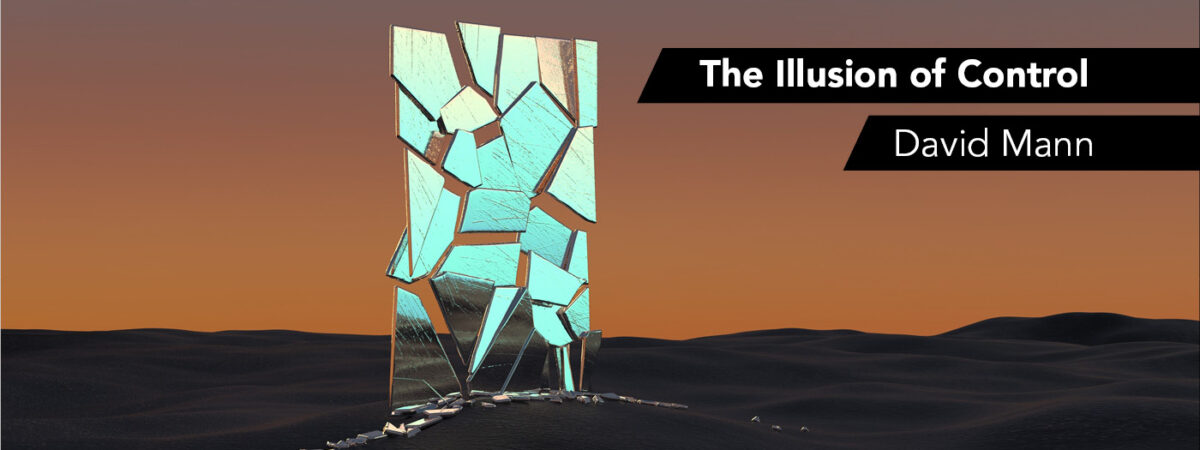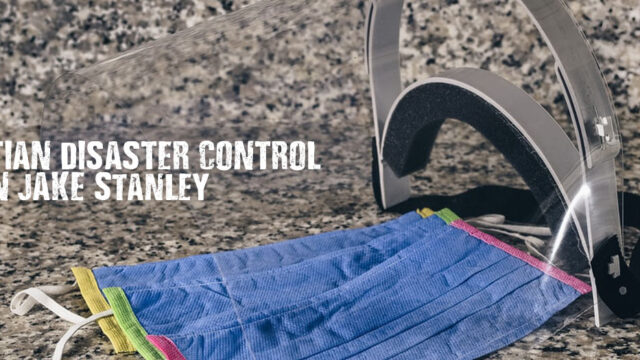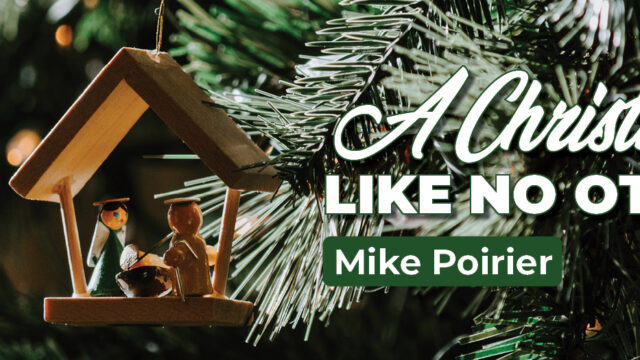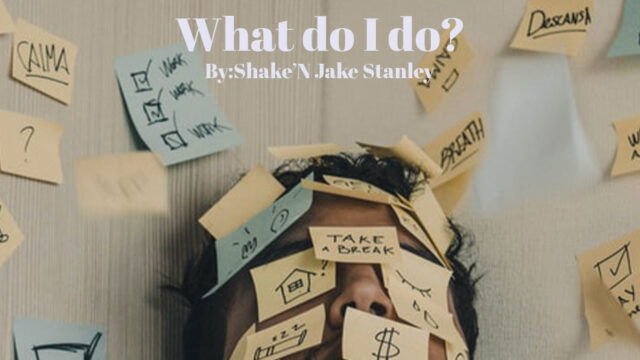The COVID-19 Pandemic has glaringly exposed our need for control. At some level, we all like to plan. We fill out our day timers with the hopes of creating, building, and helping. Yet we’ve gotten used to regularly adjusting our personal schedules. For example, within a period of just one year, because of COVID precautions, I cancelled two ski trips to two different provinces, and I imagine my experience isn’t uncommon.
Then there are leaders – managers, pastors, executives – who thrive on predicting the future. Their visions directly affect the lives of employees, clients, and churchgoers. Of course, business plans always adapt, but even the overused word ‘pivot’ does a disservice for the volume of revisions.
For the past two years, our lives have looked like a student’s essay marked up with so much red pen that we could barely decipher what the original argument was.
Business people have felt like their autonomy is lost, doctors believe their expertise has been undermined, and Canadians of varying political stripes have spoken out over their loss of safety or freedom.
Underneath all of these frustrations is a desire for control: to live the way that you desire.
The irony is that we were never in control in the first place, nor should we want to be.
A quick history lesson will tell you that man in control brought about disorder, it birthed sin, but God in control brought new life.
As Jesus Christ, God’s son, agonized on the cross with nails driven through his hands, he cried out in a loud voice, “My God, my God, why have you forsaken me?” (Mark 15:34).
What Jesus meant by being forsaken was that for this moment of brutality, God the Father abandoned him.
Jesus suffered so you wouldn’t have to be in control. In other words, Jesus had God’s back turned to him, so that it would never be turned to you.
At the cross, we realize that what we think is control – with us on the throne – is really chaos. In Jesus dying for our sins, he absorbed the penalty that was ours to pay for living as if we know best. We can seize our control and receive his.
Only when we realize our brokenness – our inability to make decisions and to care for others – will we realize our need not to take our lives back, but to let God reign supreme.
As the worship song You Are My King puts it, “I’m forgiven because you [Jesus] were forsaken.”









